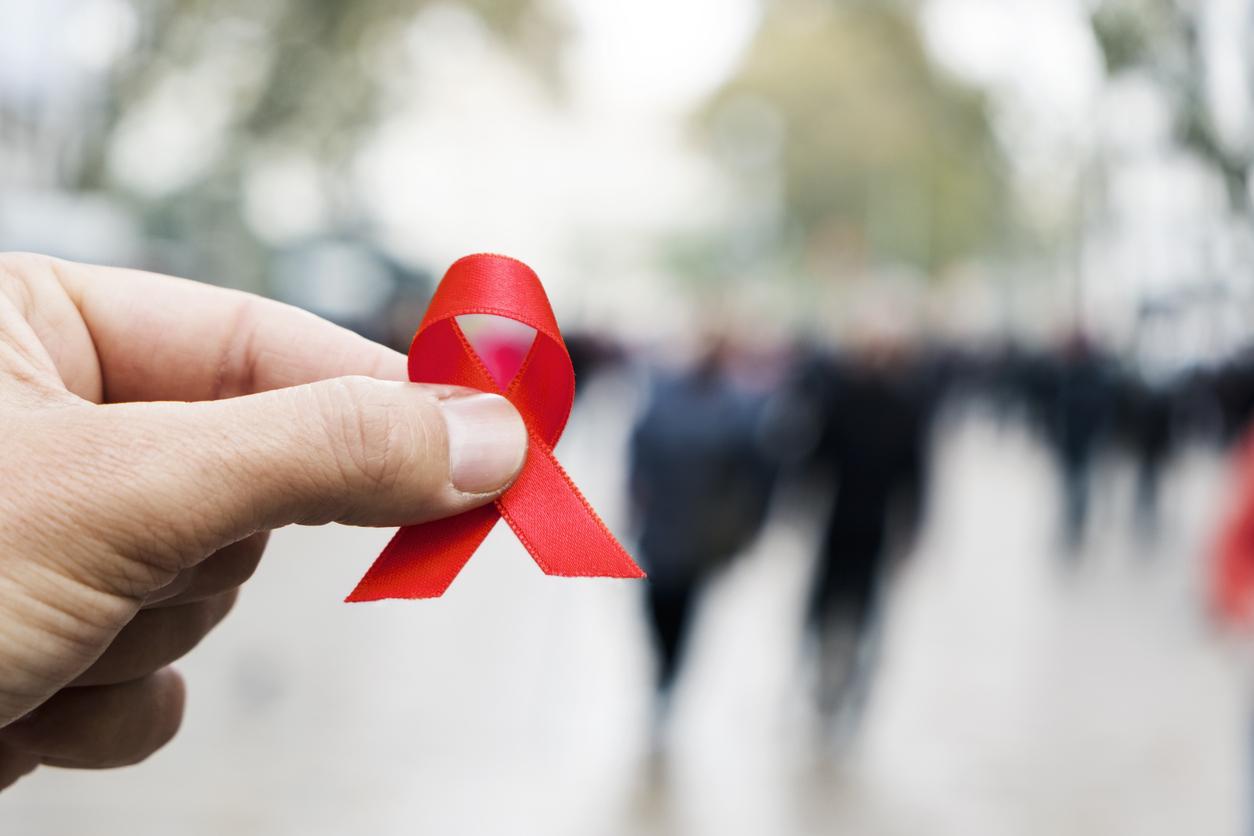Replacing a non-working antipsychotic with another of the same class does not improve people with schizophrenia. This is the first time that a study has shown that it is necessary to switch directly to clozapine.

The majority of schizophrenics treated at the right dose with a modern antipsychotic go into remission after one month. But for patients who resist the initial treatment (30 to 40%), the question arises of continuing this initial treatment or of replacing it with another modern antipsychotic.
A new strategy study in schizophrenia shows that after a first acute psychotic episode, if a patient fails to achieve remission with an effective-dose first antipsychotic (Amisulpride), replacement with a different molecule (olanzapine), but belonging to the same class, will not bring improvement: this substitution is not more effective than continuing Amisulpride.
On the other hand, in these patients resistant to the initial treatment, the prescription of clozapine makes it possible to obtain remission in one case out of 3. The results of the study are published in The Lancet Psychiatry.
A study that tests a strategy
The OPTIMIZE trial (Optimization of the treatment and management of schizophrenia in Europe) is not a classic trial where one seeks to compare 2 molecules, but rather a trial which compares 2 treatment strategies: continuation of initial treatment or substitution by another in non-responder patients.
It was carried out in 14 European countries and in Israel, in 27 general hospitals or specialized clinics. Four hundred and forty-six patients with schizophrenia or schizophreniform disorder were treated for four weeks with amisulpride (up to 800 mg per day), a standard antipsychotic drug.
Patients who did not achieve remission at four weeks were drawn to either continue Amisulpride or replace it with olanzapine (20 mg per day), a different antipsychotic. It is this strategy which was tested during a new phase of six weeks (in double blind).
The team of researchers found that switching from amisulpride to olanzapine in the event of failure at 4 weeks does not improve clinical benefit: the rates of remission are not significantly different between these 2 treatment strategies.
“Although these results need to be replicated and broadened … they suggest that achievement of remission in the early stages of schizophrenia is possible in most patients using a simple treatment algorithm of sequential use of amisulpride and clozapine.” https://t.co/UDnj5Mvqq6
– The Lancet Psychiatry (@TheLancetPsych) August 14, 2018
Confirmed benefit of clozapine in 2e intention
Schizophrenics who were not in remission after this strategy (10 weeks of treatment in total) then received clozapine (up to 900 mg per day) for an additional 12 weeks. It appears in this study that prescribing clozapine earlier could significantly improve the number of patients.
Clozapine is a very specific antipsychotic due to its broadened profile of action on cell receptors. Although more effective than modern antipsychotics, clozapine is currently used mostly late and only in untreated schizophrenia due to rare but potentially serious blood side effects (agranulocytosis). Therefore, its prescription requires regular monitoring of the blood count by blood test.
A change in treatment strategy
According to Prof. René Kahn, first author of this European study and holder of a chair of psychiatry at the Icahn School of Medicine, at the Mount Sinai Center: “in clinical practice, when a patient has not responded to treatment initially, it often switches from one antipsychotic drug to another “. However, there is little evidence demonstrating the relevance of this strategy.
“The results of our study show that there is no longer a need to try another antipsychotic in schizophrenic patients who fail to achieve remission. Earlier use of clozapine may save time and costs. reduce their suffering “, according to Prof. Kahn. A change in recommendations is possible.

.

















